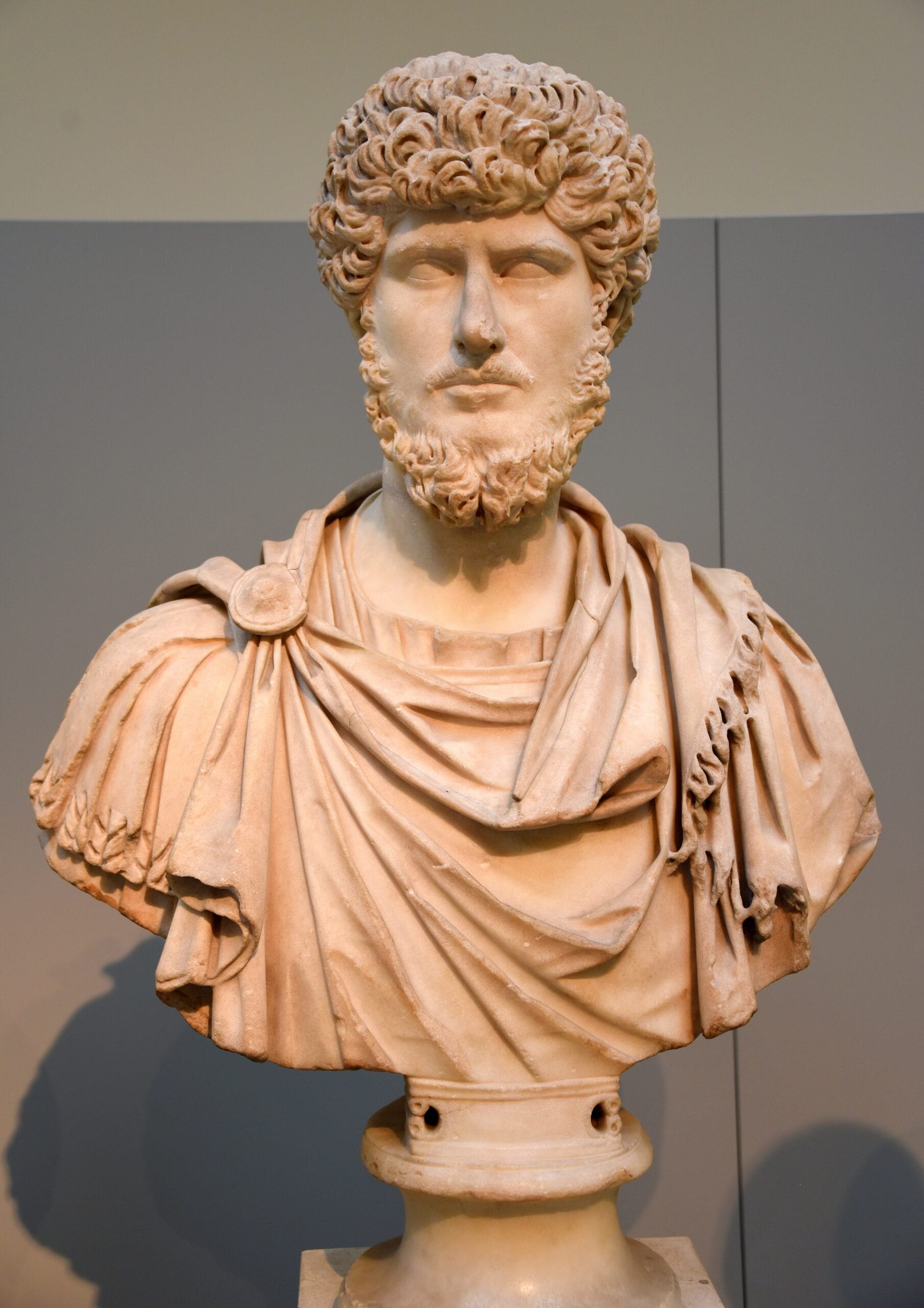Born into the apex of Roman power, Lucilla’s life was a dramatic tapestry woven with imperial privilege, political intrigue, and ultimately, tragic demise. Daughter of Marcus Aurelius and sister of Commodus, Lucilla’s familial ties placed her at the heart of Roman imperial succession and its inherent dangers. This isn’t a Hollywood fabrication; this is the real story of Annia Aurelia Galeria Lucilla, a woman whose life offers a captivating glimpse into the tumultuous world of ancient Rome.
Lucilla’s Golden Cage: A Princess in Rome
Imagine growing up in the opulent palaces of Rome, surrounded by unimaginable luxury. This was Lucilla’s reality. Born in Rome around 148-150 AD, [https://www.lolaapp.com/avenue-of-the-baobabs-madagascar] she was the daughter of Emperor Marcus Aurelius and Empress Faustina the Younger. Her childhood likely unfolded amidst sprawling gardens and legions of servants. Yet, even within this gilded cage, shadows lurked. The early death of her twin brother, Gemellus Lucillae, probably cast a pall over her young life, a stark reminder of mortality’s reach even within the imperial family. This early loss may have profoundly shaped her perspective, fostering a sense of life’s fragility and the capricious nature of fate.
Pawns of Power: Lucilla’s Marriages
In the world of Roman aristocracy, marriage was a tool of statecraft, not an affair of the heart. Barely a teenager, Lucilla was married to Lucius Verus, her father’s co-emperor, a man significantly her senior. This union, a strategic maneuver to consolidate power, likely offered little in the way of personal fulfillment for the young princess. We can only speculate about the emotional toll this politically motivated union took on Lucilla. Did she resent being a pawn in this imperial game? Her life provides a compelling case study of the limited agency afforded women in ancient Rome, even those born into the highest echelons of society.
Verus’s death in 169 AD may have brought a fleeting sense of freedom. Her subsequent marriage to Tiberius Claudius Pompeianus Quintianus, a respected senator, offered the possibility of a life less entangled in the machinations of the imperial court. Perhaps she envisioned a more conventional domestic life, removed from the constant scrutiny and pressure of the imperial spotlight. Yet, her imperial blood and upbringing likely instilled a sense of entitlement and ambition.
The Serpent’s Embrace: Conspiracy and Exile
The reign of Commodus, Lucilla’s brother, marked a descent into tyranny and excess. Rome groaned under his erratic rule, and whispers of discontent echoed through the empire. Lucilla, witnessing the unraveling of her brother’s reign, became embroiled in a plot to assassinate him. Historians debate her precise motivations. Was it genuine concern for the empire’s well-being, a desire to protect Rome from her brother’s destructive path? Or did personal ambition and resentment fuel her actions, perhaps a belief that she, or her husband, could steer the empire toward a more stable future? The truth likely resides in a complex interplay of these factors.
The conspiracy failed. The consequences for Lucilla were swift and devastating. Stripped of her titles and privileges, she was exiled to Capri. This idyllic island, far from the bustling heart of Rome, became her prison. The contrast between her former life of luxury and her current state of confinement must have been a bitter pill to swallow.
A Tragic Finale: Lucilla’s Execution
Even in exile, Lucilla remained a perceived threat to the paranoid Commodus. He soon ordered her execution, a brutal end to a life born into privilege and steeped in political turmoil. Executed in 182 AD, Lucilla’s story serves as a stark reminder of the precarious nature of life, even within the imperial family. Her tale stands as a cautionary testament to the corrosive effects of absolute power and the often-deadly consequences of political intrigue.
Beyond Gladiator: The Real Lucilla
Popular culture, particularly the film Gladiator, has romanticized and distorted aspects of Lucilla’s life. While the film’s portrayal of a romantic relationship between Lucilla and the fictional character Maximus Decimus Meridius adds a dramatic layer, it is purely fictional. Understanding the real Lucilla requires peeling back these fictional layers and engaging with the historical record. Her story, even without Hollywood embellishments, is a compelling narrative of ambition, political maneuvering, and ultimately, tragedy.
Lucilla’s Enduring Legacy
Lucilla’s life, though tragically cut short, offers valuable insights into the complexities of the Roman imperial family and the challenges faced by women in positions of power. Often overshadowed by the dominant narratives of the men around her, Lucilla deserves recognition as a figure of agency, a woman who made difficult choices in extraordinary circumstances. Her story challenges us to look beyond the simplified portrayals and grapple with the nuances of her life. Ongoing research continues to illuminate this fascinating period of Roman history, offering the potential for a more complete understanding of Lucilla’s motivations and the lasting impact of her actions. [https://www.lolaapp.com/central-pangean-mountains] It also underscores the importance of critical analysis when examining historical figures, prompting us to separate fact from fiction and appreciate the rich tapestry of human experience that lies beneath the surface of historical accounts.















